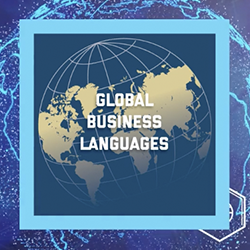Abstract
With English language instruction becoming increasingly more specialized in higher education institutions around the globe, English for Specific Purposes (ESP) practitioners are facing a unique challenge in developing language courses that require considerable knowledge of a specific discipline in order to make it applicable to students and to meet their specific language needs. In the case of Engineering, which is the target discipline in this study, substantial empirical research has been published describing general discipline-specific requirements as well as common challenges that second language (L2) students face in various pedagogical contexts (e.g., Kaewpet, 2009; Pritchard & Nasr, 2004; Rowley-Jolivet, 2015; Rozycki & Johnson, 2013). Yet research investigating the vocabulary demands of pedagogical materials utilized in various sub-fields within the same discipline is limited. Therefore, the present study examined the extent to which the vocabulary demands of the pedagogical materials employed in ESP courses in Thermal-Power, Computer, and Chemical Engineering in Russia were comparable across the courses and achievable for the students. The results indicated that vocabulary coverage varied considerably across the three disciplines, with Chemical Engineering texts requiring the largest vocabulary size for adequate comprehension. The implications of the study for materials development and teaching ESP courses in various Engineering sub-fields are discussed.
DOI
https://doi.org/10.4079/gbl.v20.9
This work is licensed under a Creative Commons Attribution-NonCommercial-NoDerivatives 4.0 International License.

